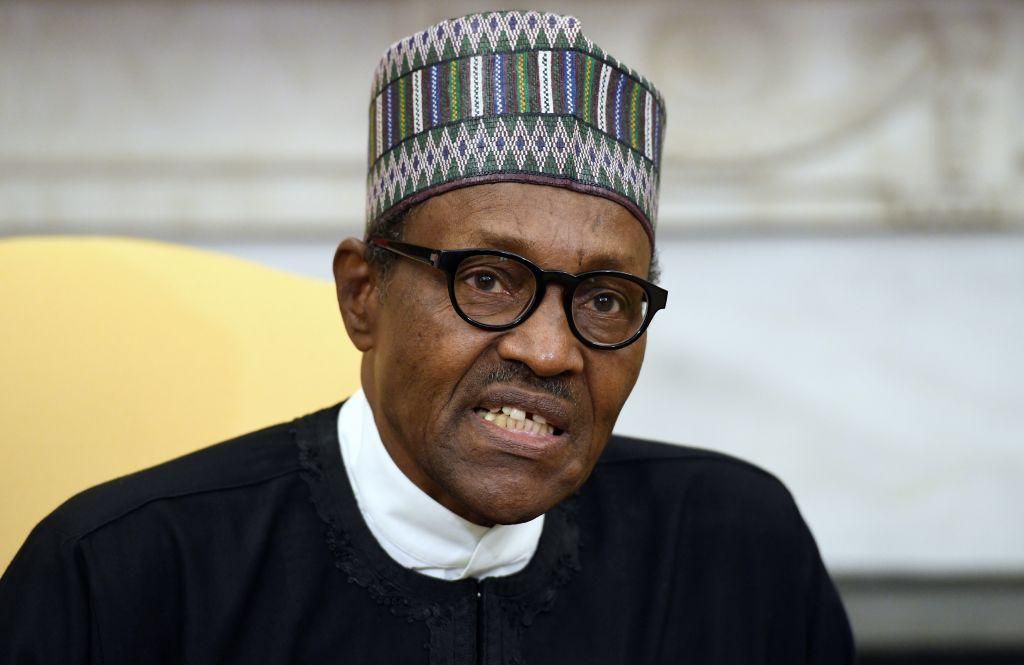#KeepItOn: Nigerians Tweet in Defiance of Government's Twitter Ban
Despite the threat of prosecution, Nigerians continue to tweet about major events happening in the country amid the government's recent Twitter ban.
READ: Nigeria Suspends Twitter After President Buhari's Posts Were Removed
As with many African who are often subjected to intermittent internet shutdowns and social media bans, Nigerians have found a way around the Twitter ban. Using virtual private networks (VPNs) and the more costly fixed broadband, Nigerians in the country have continued to tweet under the online banner of #KeepItOn while also sharing events happening within the country that are seemingly being suppressed during this time. This however, may come at a major personal cost.
Al Jazeera reports that Nigeria's Attorney General, Abubakar Malami, has ordered that those found circumventing the Twitter ban be prosecuted immediately. Details around the prosecution in terms of possible fines or time behind bars, have not been shared as yet.
The Nigerian government has, however, denied that the ban is a result of the President's tweet having been deleted. According to the BBC, they have cited fake news and misinformation as the main cause for the ban saying, "There has been a litany of problems with the social media platform in Nigeria, where misinformation and fake news spread through it have had real world violent consequences."
- Nigeria Suspends Twitter After Buhari's Posts Were Removed ... ›
- Deep Dive: Protest Movements Across the Continent - OkayAfrica ›
- #EndSARS Is a Nigerian Social Media Movement Calling Out ... ›
- #EndSARS: Nigerian Protests Against Police Brutality Strengthen ... ›
- #WeAreTired: Nigerians Rally Online to Demand Justice for Victims ... ›
- #BringBackOurStudents Demands Answers from Ethiopian ... ›
- #JusticeForTshegoPule, South Africa's Femicide Crisis Claims ... ›
- #JusticeForUwa, Nigerians Demand Answers for Student Killed in ... ›
- Nigeria Orders Public and Private Broadcasters to Stop Using Twitter - OkayAfrica ›
- A court has ordered the Nigerian government to refrain from prosecuting Twitter users - OkayAfrica ›
- Nigerian State Bans Use of Mannequins Citing 'Immorality' - OkayAfrica ›
- Nigeria's indefinite Twitter ban threatens democracy - OkayAfrica ›
- Nigeria's Government Has Lifted Its Twitter Ban - OkayAfrica ›
